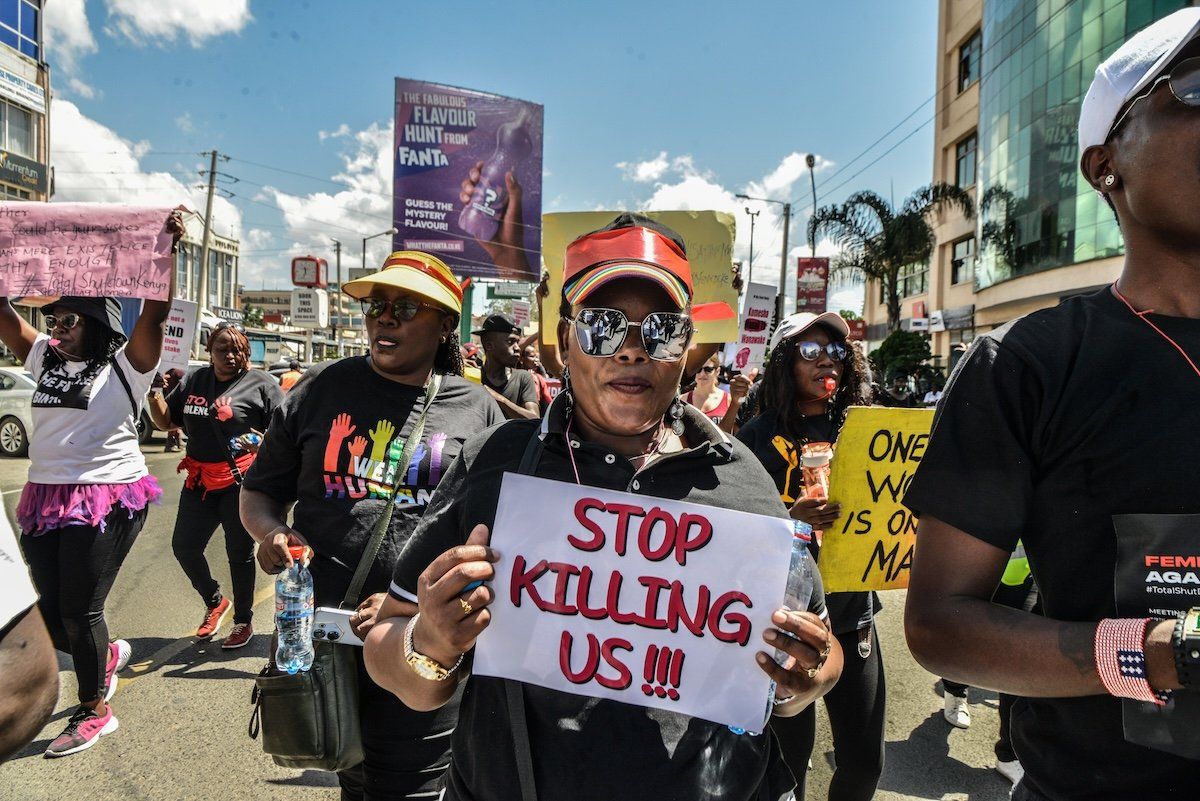14: So far this year, 14 women have been murdered as a result of gender-based violence in Kenya, and thousands took to the streets in Kenya’s capital, Nairobi, on Saturday in response. Nearly a third of Kenyan women face physical violence at some point in their lives, while 13% are victims of sexual violence, according to a 2023 government report.
40 million: The country’s security service, SBU, says five employees from a Ukrainian arms company have been charged with conspiring with officials to embezzle nearly $40 million from defense coffers. The money, meant for buying mortar shells to aid the fight against Russia, has been seized and returned to the defense budget. But the incident signals how Ukraine’s battle against corruption continues.
100,000: Protests were held in 30 German cities on Saturday, with up to 100,000 people demonstrating against far-right extremism in Deutschland. The protests – coincidently held on International Holocaust Remembrance Day – were a rebuke of the anti-immigrant rhetoric peddled by the increasingly popular Alternative for Germany party, or AfD, just months ahead of three major regional elections in eastern Germany where the AfD tends to do well.
$300 billion: A court in Hong Kong ordered Chinese property development giant Evergrande to liquidate as it struggles to restructure debts to service over $300 billion in liabilities. It is unclear whether China will allow foreign investors to seize Evergrande assets, and there are fears of major ramifications for the Chinese economy as a whole.
A2-B1: If you dream of moving to Paris, you’ll need to dust off your Petit Larousse and embrace the subjunctive. While French competence was previously only required for those seeking French citizenship, a
new law passed on Saturday requires anyone applying for multi-year residency to prove they understand French at the A2 level (advanced beginner). And a 10-year residency card now requires a B1 (intermediate) level of proficiency.
